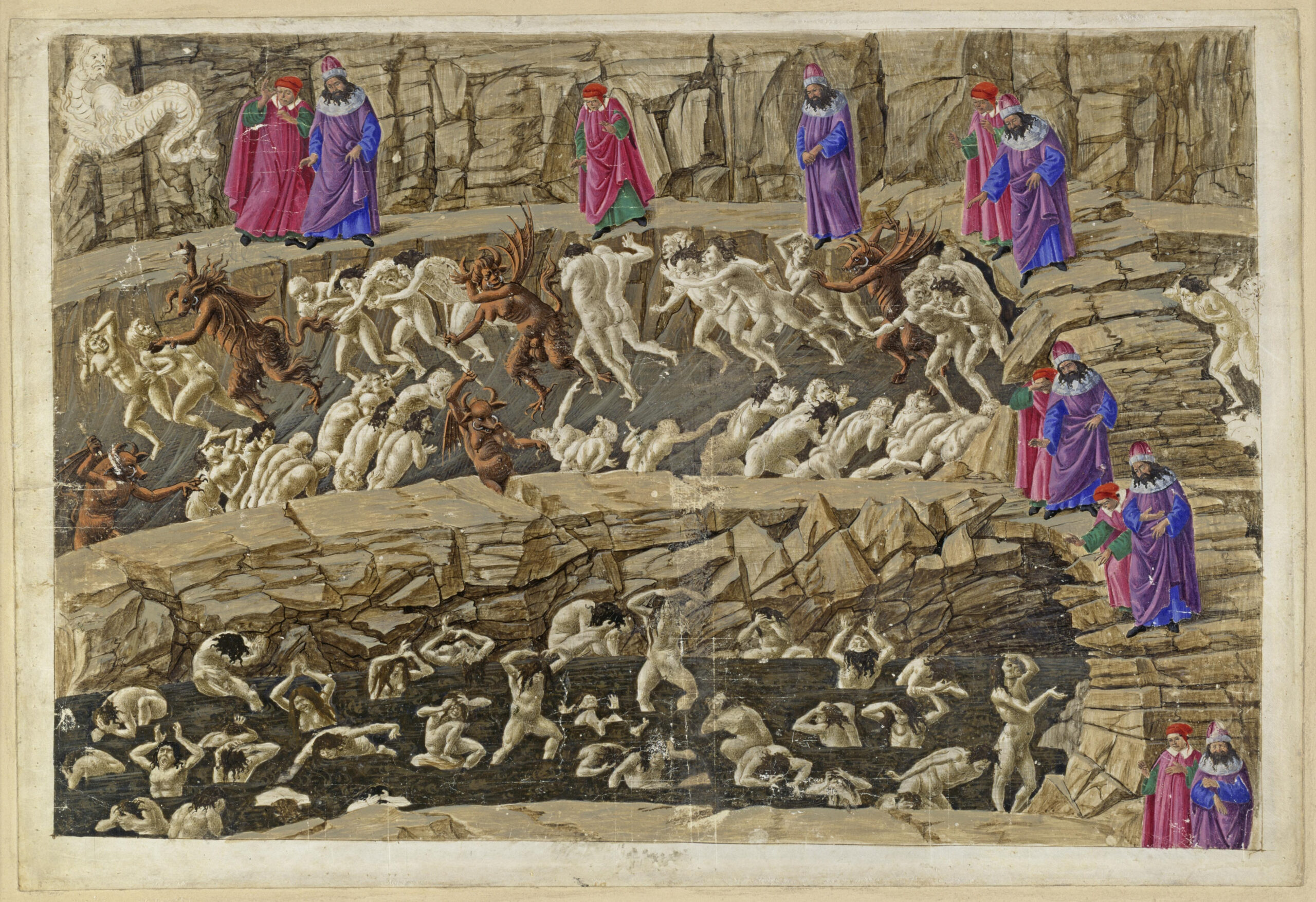Manual for Conquering Deadly Sin is your guide to crushing the head of the serpent through prayer, virtue, and the Sacraments. Read on for a guide to conquering the sin of sloth.
The Ruins of Sloth
According to Scripture
The soul of the sluggard craves, and gets nothing, while the soul of the diligent is richly supplied.
The way of a sluggard is overgrown with thorns, but the path of the upright is a level highway.
Slothfulness casts into a deep sleep, and an idle person will suffer hunger.
The desire of the sluggard kills him, for his hands refuse to labor.
Through sloth, the roof sinks in, and through indolence, the house leaks.
The Daughters of Sloth
According to St. Alphonsus Liguori
1. Malice, whereby someone holds spiritual goods in hatred, and wants nothing to do with them, or in some matter where he is sorry that he did the right thing, or fulfilled what he is held to, or condemns a benefit of God in some matter, for example, by wishing he was never born, or to not acknowledge Christ, etc., which are mortal sins by nature.
2. Pusillanimity, and despairing of salvation, which are mortal sins.
3. Rancor, in which some are disdainful of spiritual things.
4. Sluggishness, when good things are done without due fervor.
5. Wandering of the mind, in which someone wanders in a spiritual exercise towards illicit things, whether by thought which is called curiosity, or by speech, and it is called verbosity, or through restlessness, and it is called inquietude, all of which are commonly held to be venial.
Remedies for Sloth
According to the Saints
By the dread of the mortality and of the time the lukewarm are inflamed, the slack are nerved up, the slothful are stimulated, the deserters are compelled to return, the heathens are constrained to believe, the ancient congregation of the faithful is called to rest, the new and abundant army is gathered to the battle with a braver vigor, to fight without fear of death when the battle shall come, because it comes to the warfare in the time of the mortality.
–St. Cyprian of Carthage
My sins sometimes, indeed, make me very sorrowful, and Satan would wish to imprint this sadness on me, in order to make me fall into slothfulness and weariness; but when that occurs, I look on my companion: the spiritual joy I see in him, renews mine, and the temptation passes.
–St. Francis of Assisi
Rise, gird yourself, shake off sloth, use your powers, move your arms, open those folded hands, do something useful, and you will soon find that you have appetite for what takes away hunger without pampering the palate. Many things which, when idle, you turn from, after labor you will take with relish. Cabbage, beans, pottage, coarse bread, with water, are little appetizing, I allow, to an idle person, but they seem great delicacies to one who has labored.
–St. Bernard of Clairvaux
Therefore, if this shameful vice attack you, banish it. Call to mind the extraordinary labors which Our Lord endured for you; the many sleepless nights He spent in prayer for you; His weary journeys from city to city, healing the sick, comforting the sorrowful, and raising the dead. How ardently, how unceasingly He devoted Himself to the work of our redemption!
–Venerable Louis of Granada
Spiritual Sloth
Regarding spiritual sloth, these beginners usually become weary in exercises that are more spiritual and flee from them since these exercises are contrary to sensory satisfaction. Since they are so used to finding delight in spiritual practices, they become bored when they do not find it. If they do not receive in prayer the satisfaction they crave—for after all it is fit that God withdraw this so as to try them—they do not want to return to it, or at times they either give up prayer or go to it begrudgingly.
Because of their sloth, they subordinate the way of perfection (which requires denying one’s own will and satisfaction for God) to the pleasure and delight of their own will. As a result they strive to satisfy their own will rather than God’s. Many of these beginners want God to desire what they want, and they become sad if they have to desire God’s will. They feel an aversion toward adapting their will to God’s.
Hence they frequently believe that what is not their will, or brings them no satisfaction, is not God’s will, and, on the other hand, that if they are satisfied, God is too. They measure God by themselves and not themselves by God, which is in opposition to his teaching in the Gospel that those who lose their life for his sake will gain it and those who desire to gain it will lose it [Mt. 16:25].
Beginners also become bored when told to do something unpleasant. Because they look for spiritual gratifications and delights, they are extremely lax in the fortitude and labor perfection demands. Like those who are reared in luxury, they run sadly from everything rough, and they are scandalized by the cross, in which spiritual delights are found. And in the more spiritual exercises their boredom is greater.
Since they expect to go about in spiritual matters according to the whims and satisfactions of their own will, entering by the narrow way of life, about which Christ speaks, is saddening and repugnant to them [Mt. 7:14].
–St. John of the Cross
ooo
This article is taken from a chapter in Manual for Conquering Deadly Sin by Fr. Dennis Kolinski, SJC which is available from TAN Books.








